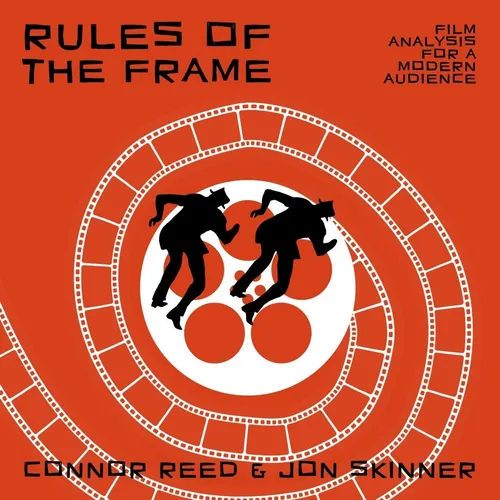052 | Tokyo Story
- Author
- Connor Reed
- Published
- Sun 07 Jun 2020
- Episode Link
- https://rulesoftheframe.simplecast.com/episodes/052-tokyo-story-1fb9WYVd
Connor & Riley cozy up to their pillow shots as they examine Yasujiro Ozu's masterwork: Tokyo Story. They discuss the complexity of the characters, and how the family dynamic makes the film universal even though producers said it was "too Japanese." They also ponder the question: does Ozu have the most consistent cinematic language?
WARNING: Major spoilers for Tokyo Story, minor spoilers for Ordinary People
Link to Yasujiro Ozu: The Syntax of His Films: https://online.ucpress.edu/fq/article/17/2/11/38013/Yasujiro-Ozu-The-Syntax-of-His-Films
Follow us:
Facebook: https://www.facebook.com/rulesoftheframe/
Instagram: https://www.instagram.com/rulesoftheframe
Twitter: https://twitter.com/RulesOfTheFrame
Films mentioned in this episode:
-------------------------------
- Tokyo Story (1953) | Dir. Yasujiro Ozu
- The Flavor of Green Tea Over Rice (1952) | Dir. Yasujiro Ozu
- Floating Weeds (1959) | Dir. Yasujiro Ozu
- A Story of Floating Weeds (1934) | Dir. Yasujiro Ozu
- Citizen Kane (1941) | Dir. Orson Welles
- Jaws (1975) | Dir. Steven Spielberg
- Only Yesterday (1991) | Dir. Isao Takahata
- The Wind Rises (2013) | Dir. Hayao Miyazaki
- Finding Neverland (2004) | Dir. Marc Forster
- Saving Mr. Banks (2013) | Dir. John Lee Hancock
- The Farewell (2019) | Dir. Lulu Wang
- Ordinary People (1980) | Dir. Robert Redford
- Apocalypse Now (1979) | Dir. Francis Ford Coppola
- Barry Lyndon (1975) | Dir. Stanley Kubrick
- The Shining (1980) | Dir. Stanley Kubrick
- Toy Story 2 (1999) | Dir. John Lasseter
- The Passion of Joan of Arc (1928) | Dir. Carl Th. Dreyer
- Red Desert (1964) | Dir. Michelangelo Antonioni
- Pom Poko (1994) | Dir. Isao Takahata
